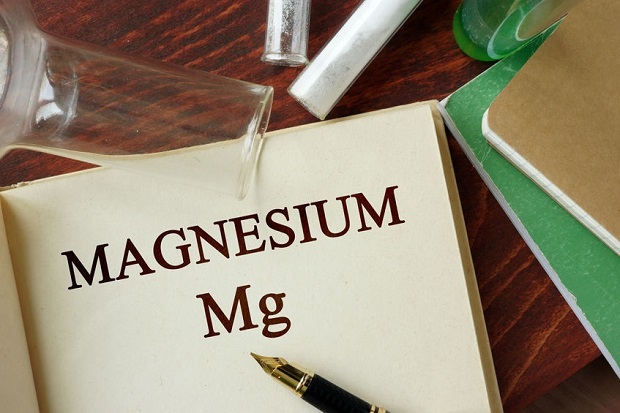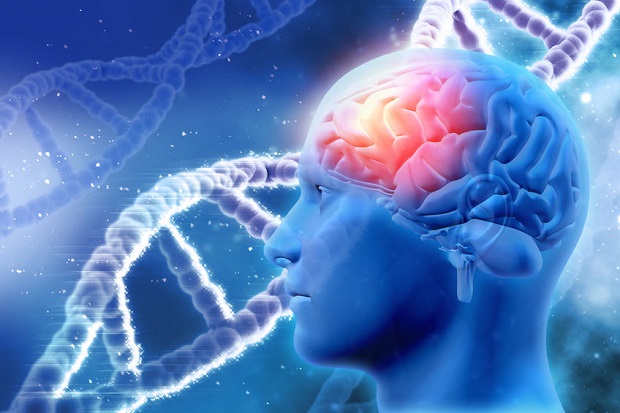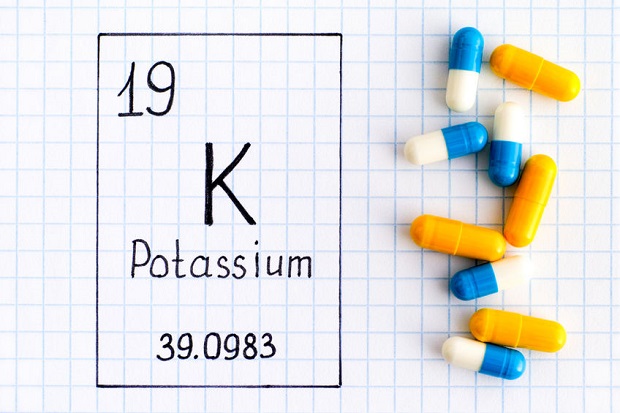
Does Magnesium Help Anxiety?
Magnesium does help anxiety. One of the several symptoms brought on by a magnesium deficiency is anxiety. If your anxiety is magnesium deficient related, then bringing your magnesium to recommended levels could help with anxiety.
Jump Ahead
- Magnesium Affects Mood
- Magnesium Deficient Diet and Anxiety
- Magnesium Deficiency and Depression
- How Magnesium Levels Affect Anxiety
- Magnesium Anxiety Paradigm
- Resources
Magnesium Affects Mood

Magnesium is used to treat a variety of other disorders such as ADHD, chronic fatigue syndrome, Lyme disease, diabetes, migraines, osteoporosis, PMS, kidney stones, asthma, restless leg syndrome, fibromyalgia, and to prevent hearing loss. [1]
Several mood disorders have been linked directly to magnesium deficiency, including anxiety, agitation, irritability, and depression. [2] Several studies have researched the connection.
Magnesium Deficient Diet and Anxiety

In one study, rats fed a magnesium-deficient diet over several weeks displayed enhanced depression-like behavior and anxiety-related behaviors. The behaviors were reversed with the administration of antidepressant and anxiolytic substances, leading the researchers to suggest that magnesium deficiency be used as a screening method. [3]
Magnesium Deficiency and Depression

Another large-scale study researched the effects of magnesium intake on depression and anxiety. Though the study did not conclusively pinpoint a relationship between magnesium and anxiety, it found a definite link between low magnesium intake and depression. [4]
How Magnesium Levels Affect Anxiety

How magnesium levels affect anxiety is not fully known. Magnesium has been demonstrated to control the activity of the hypothalamic-pituitary-adrenocortical (HPA)axis. The HPA axis constitutes a significant part of the neuroendocrine system involving complex interactions between the hypothalamus, the pituitary gland, and the adrenal glands. [5] Because the HPA axis is the body’s primary response system, it would follow that low levels of magnesium would affect these responses.
Magnesium Anxiety Paradigm

Which came first, the chicken or the egg? This seems to be the case with the viewpoints on magnesium’s link to anxiety and stress. Scientists have demonstrated that low magnesium levels are directly linked to anxiety-like behaviors. [6] But chronic stress is associated with a reduction in intracellular magnesium levels in humans. [7] So, does magnesium deficiency cause stress and anxiety-like behavior, or does stress cause magnesium deficiency?
Glossary of Terms

Adrenal Glands: A small gland located on top of the kidney. The adrenal glands produce hormones that help control heart rate, blood pressure, the way the body uses food, the levels of minerals such as sodium and potassium in the blood, and other functions particularly involved in stress reactions.
Medicinenet.com
Antidepressant: Medication to treat depression.
Anxiolytic: a drug that inhibits anxiety.
Hypothalamus: The part of the brain that lies below the thalamus, forming the major portion of the ventral region of the diencephalon and functioning to regulate body temperature, certain metabolic processes, and other autonomic activities.
The American Heritage Dictionary
Pituitary Gland: A small oval endocrine gland attached to the base of the vertebrate brain and consisting of an anterior and a posterior lobe, the secretions of which control the other endocrine glands and influence growth, metabolism, and maturation.
Thefreedictionary.com
Neuroendocrine System: is composed of the hypothalamus and pituitary gland and is under the influence of neurotransmitters and neuropeptides that regulate hypothalamic releasing and hypothalamic release inhibiting hormones secreted into the blood vessels that connect the hypothalamus and pituitary gland.
Encyclopedia.com
Resources
- [1] MedicineNet – – “Magnesium.”
- [2] Eby, GA; Medical Hypothesis, “Rapid recovery from major depression using magnesium treatment.” 2006; Volume: 67; No: 2; Pages: 362-370
- [3] [6] Singewald, N; Neuropharmacology; “Magnesium-deficient diet alters depression-and anxiety-related behavior in mice—influence of desipramine…” 2004; Volume:47; No:8; Pages:1189-1197
- [4] Australian NZ Journal of Psychiatry; “Association between magnesium intake and depression and anxiety in community-dwelling adults…” 2009; Volume:43; No:1; Pages:45-52
- [5] Sartori, SB; Neuropharmacology; “Magnesium deficiency induces anxiety and HPA axis dysregulation: Modulation by therapeutic drug treatment.” 2012; Volume:62; No:1; Pages:304-312
- [7] Takase B; Journal of Clinical Cardiology; “Effect of chronic stress and sleep deprivation on both flow-mediated dilation in brachial artery and the intracellular magnesium level in humans.” 2004; Volume:27; No:4; Pages:223-227
DISCLAIMER: THIS WEBSITE DOES NOT PROVIDE MEDICAL ADVICE
The information, including but not limited to text, graphics, images, and other material on this website, is for informational purposes only. No material on this site is intended to be a substitute for professional medical advice, diagnosis, or treatment. Always seek the advice of your physician or other qualified healthcare providers with any questions you may have regarding a medical condition or treatment before undertaking a new healthcare regimen, and never disregard professional medical advice or delay in seeking it because of something you have read on this or any other website.





